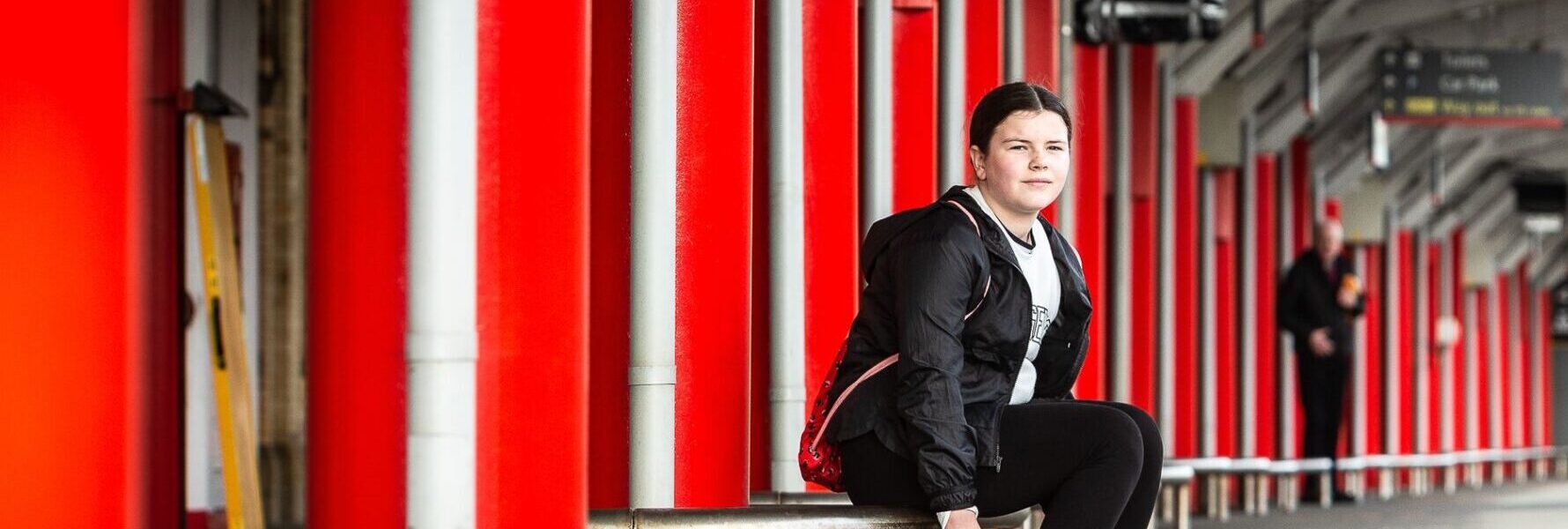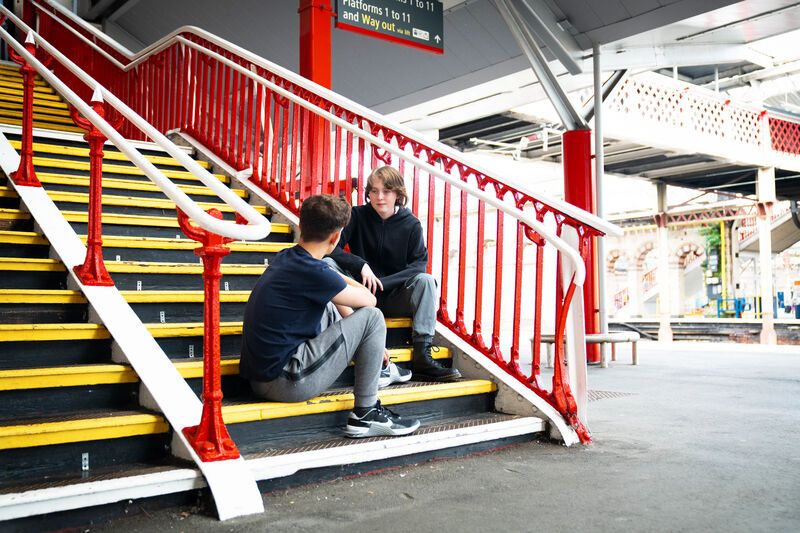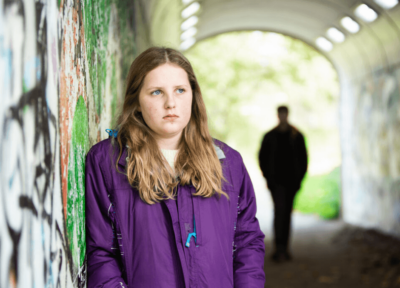
How to spot the signs of child exploitation
Child exploitation can take many forms. It’s everyone's role to recognise the warning signs before it's too late.
A Guide to recognising the signs of child exploitation
Around 14,500 children are victims or at risk of criminal exploitation in the UK*.
Gangs and perpetrators target vulnerable children with threats and false promises, coercing them into dangerous, illegal activities. Together, we must protect children at risk.
Look out for these common signs of child exploitation
- Missing from home, during the day or at night
Children and young people at risk often start becoming absent from education or home, and not disclosing where they’re going or have been.
- Spending time in new places
If a child or young person has started spending time in new places to which they have no obvious connection, ask yourself: what is really going on?
- Unexplained Injuries
Have they got cuts, bruises or burn marks that you can’t explain? Are they reluctant to seek medical attention? This could be a sign that something’s off.
- Excessive online behaviour
Children and young people who are being exploited may start spending more time online and being secretive about what they’re doing on their devices. They may distance themselves from friends, family and their usual activities.

- Change in appearance
A change in clothing, hygiene or the way they talk could suggest the influence of someone new.
- Coping mechanisms
Teenagers who are dealing with exploitation may start using coping mechanisms such as alcohol, drug use or self-harm to help them cope with the stress of their situation.
- Change in behaviour
Have they been secretive, aggressive, fearful or withdrawn? Displaying antisocial behaviour and distancing themselves from family and friends? Young people don’t lash out for no reason. Odds are there’s something else going on. Check in with them and remember that no matter how tough they may seem the outside, they’re still a child.
- Change in friends
A sudden change in who they‘re hanging out with, including new people they’ve met online, could be a sign they’re becoming involved in something they shouldn’t be.
- New possessions
Have you noticed any new expensive clothing, technology, or money? Unexplained new possessions, especially things that the child or young person would be unlikely to afford themselves, could be a sign of exploitative grooming.
If you are a young person in this situation these services can help:
The Mix
Support for under 25’s, advice, crisis messenger, peer support, counselling etc #
text ‘THEMIX’ to 85258 https://www.themix.org.uk/
Safe Call
A free, confidential and anonymous helpline and support service for young people and family members that are affected by missing, county lines and criminal exploitation.
The service also provides confidential support and advice for professionals in relation to their work with an exploited young person or family.
The service is open 9am to 11pm; 7 days a week. Tel: 116 000
NSPCC
Advise, reporting concerns, support for children
Tel: 0808 800 500 www.nspcc.org.uk/keeping-children-safe/our-services/nspcc-helpline/#contact-us
Childline
Free, private and confidential service for anyone under 19 where you can talk about anything. Whatever your worry, whenever you need help, anytime
Tel: 0800 1111 www.childline.org.uk
If you work in the rail industry or are a professional working with young people and see these signs and indicators then these services can help:
CEOP
Child Exploitation and Online Protection Command, part of UK Police
For reporting online exploitation, trafficking etc
www.ceop.police.uk/safety-centre
Modern Slavery Helpline
For issues around modern slavery, trafficking etc 24hr helpline-
Tel: 0800 0121 700 https://www.ecpat.org.uk/
NSPCC
Advise, reporting concerns, support for children
Tel: 0808 800 500 www.nspcc.org.uk/keeping-children-safe/our-services/nspcc-helpline/#contact-us
*County Lines Programme Data, UK Home Office, 2025.



